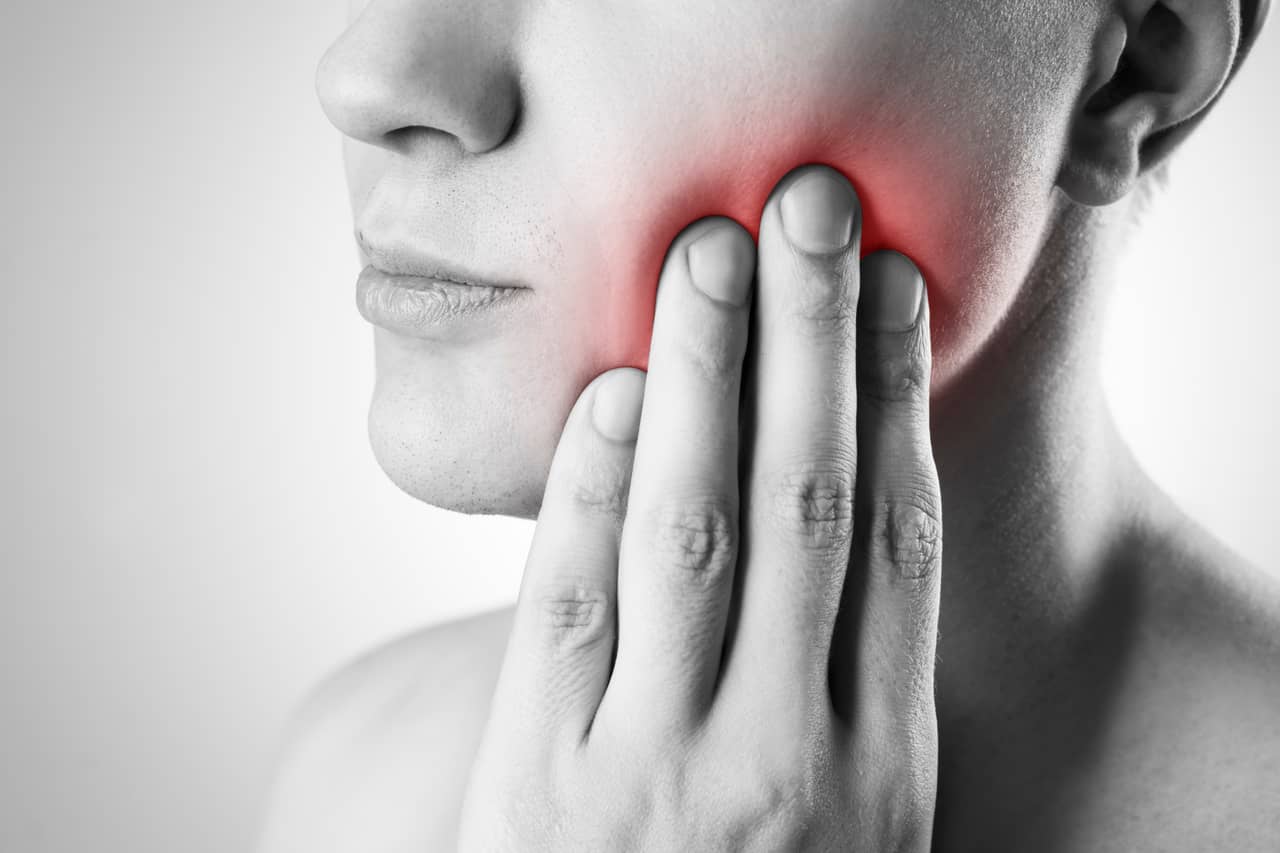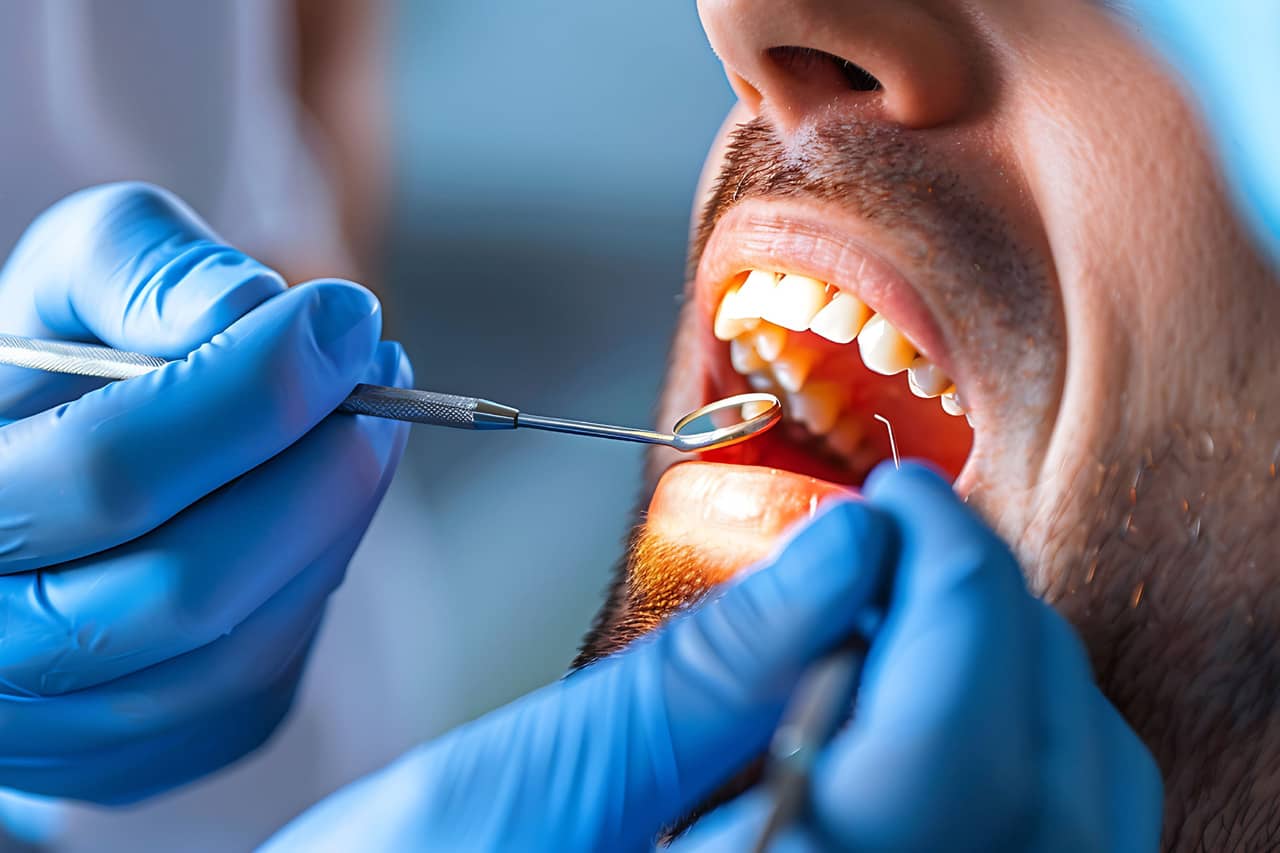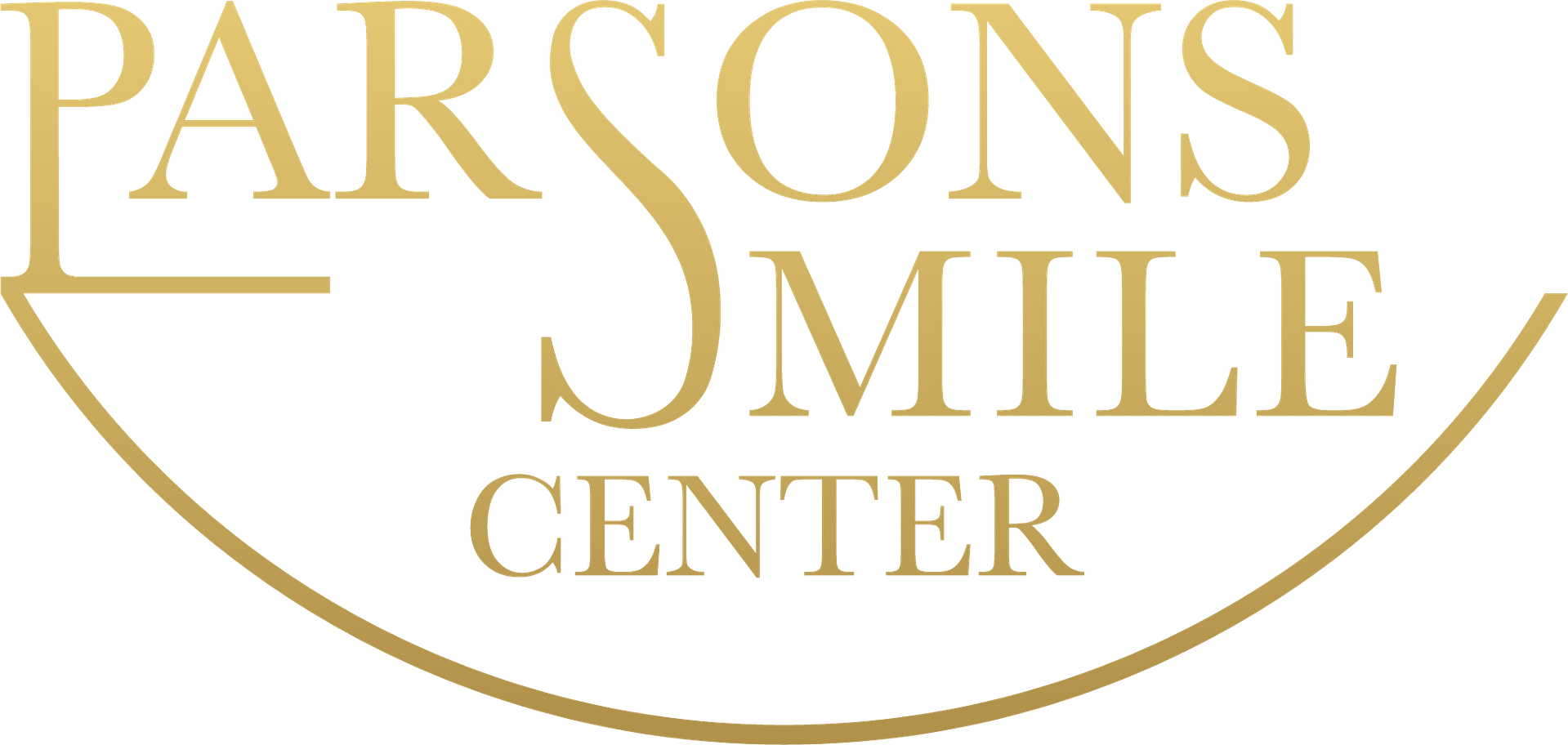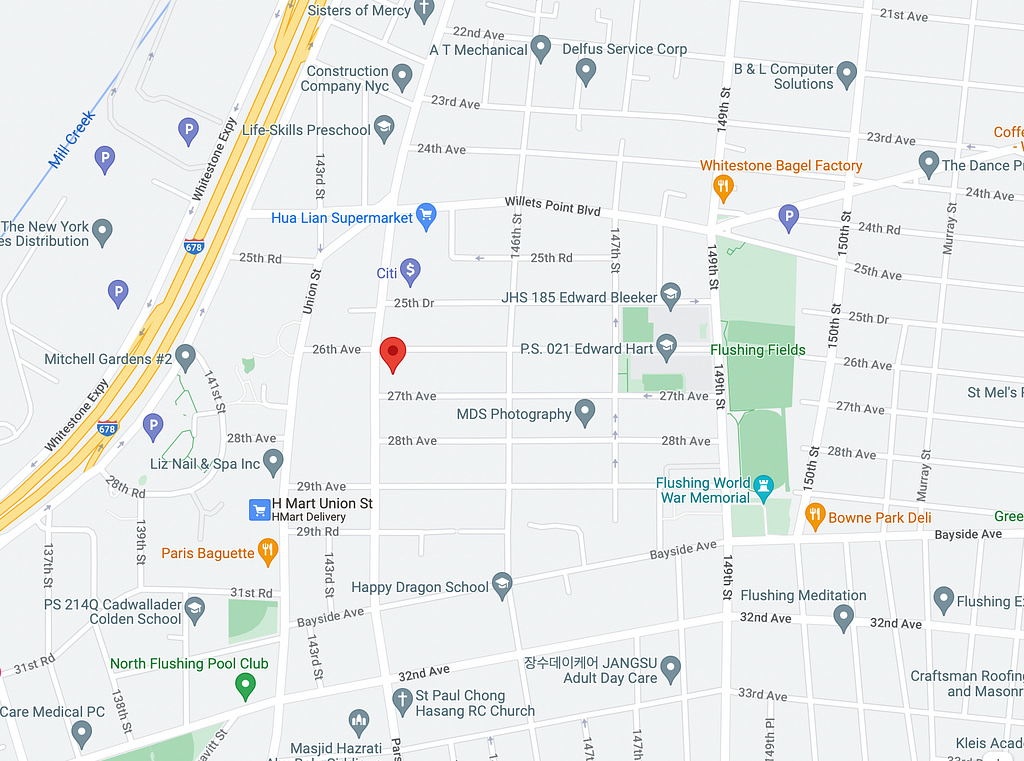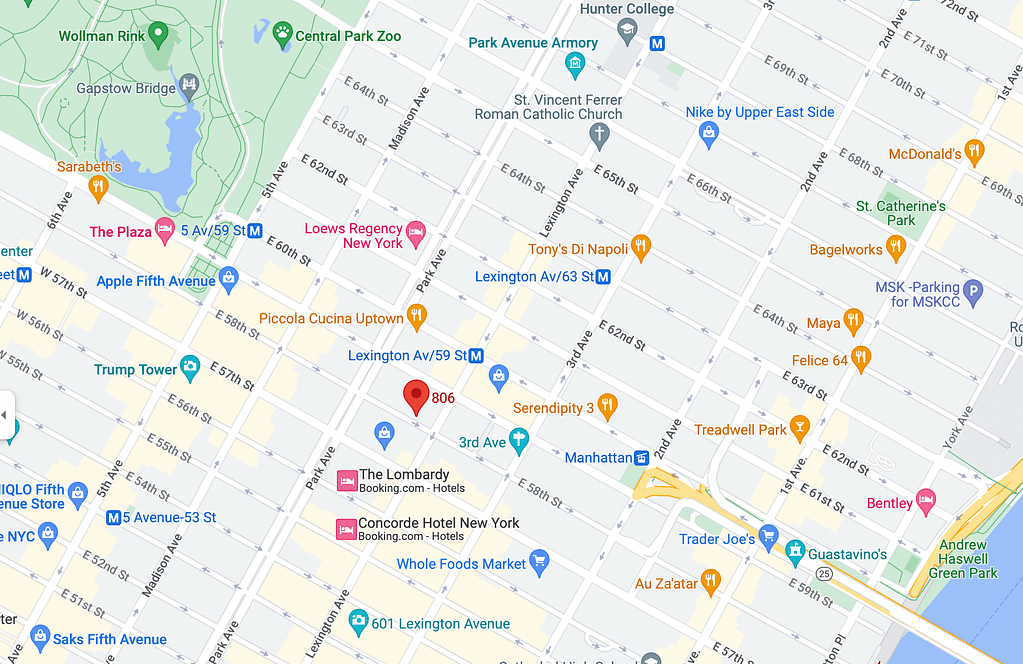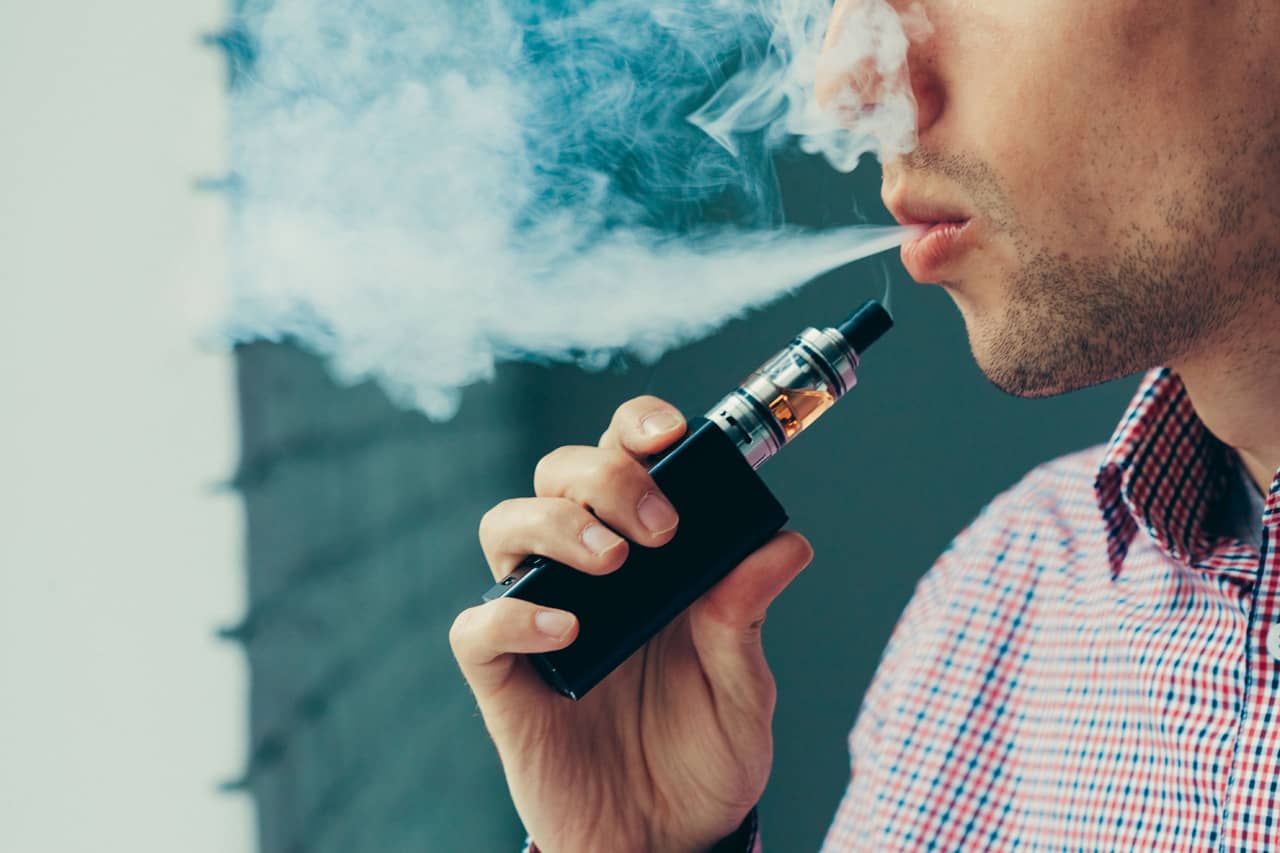
If you experience sudden tooth sensitivity, gaps or misalignments in your smile, persistent tooth pain, or missing teeth, you may need a restorative dental treatment, which aims to renew the teeth’s strength and appearance. However, seeing a dentist can be overwhelming, and you may not know where to start. At Parsons Smile Center, we guide you through every step of your restorative care, helping you better understand your condition and the treatment you need to restore your smile and confidence.
Dr. Fady Salha takes a laser-focused approach, working with one patient at a time and giving them the dedication and care they need. With over 30 years of experience, you can trust us to put your health and safety first, no matter your condition. We work closely with you to better understand your unique needs and goals to give you the bright, healthy smile you deserve.
4 Signs You Need Restorative Dental Treatment
Restorative dentistry focuses on repairing or replacing damaged or missing teeth to restore oral health and functionality. Some common treatments include crowns, bridges, and implants. You may need one of these treatments if you experience the following warning signs:
Missing Teeth
Your teeth impact several aspects of your overall health and appearance. For example, missing teeth can make your cheeks look sunken, weaken your jawbone from lack of stimulation, and impact your confidence. With restorative dental treatment, like dental implants, bridges, and dentures, you can replace one or more missing teeth to bring back your smile’s appearance and make it easier to chew, eat, and speak.
Tooth Sensitivity
While a small amount of tooth sensitivity to hot and cold food and beverages is normal, if you suddenly experience this symptom or it intensifies, it could be a sign of tooth decay or other damage. If this sensitivity is due to a cavity, we may treat it with a filling or crown.
A filling is used for smaller cavities and fills the space where the decay has been removed. A crown is a porcelain cap that covers an entire tooth, protecting it from future damage. We use this restoration for larger cavities.
Gaps or Misalignments
While gaps and overcrowded teeth are often seen as an aesthetic issue, they can also increase your risk of oral health issues. For example, food and other debris can get stuck in gaps or overcrowded areas, making it difficult to clean your teeth properly. This can lead to bacteria wearing away the enamel and gums. Therefore, if you have gaps in your smile or misaligned teeth, you may need treatment, such as braces or Invisalign, to ensure an even smile.
Persistent Toothache
A dull, short-lived toothache is common, but when it does not go away, it can be a sign that you need restorative dentistry. This symptom could be from a cavity, broken tooth, tooth pulp infection, or other concern. We closely examine the affected area to determine the restorative treatment needed, which may be a crown, root canal, or other procedure.
Restore Your Smile With Parsons Smile Center in Manhattan and Queens
Tooth sensitivity, gaps or misalignments, persistent pain, or missing teeth could be warning signs that it might be time for restorative dental care. At Parsons Smile Center, we guide you through each step of the process, helping you understand your condition and the treatments needed to restore your smile and confidence. With 30 years of experience, Dr. Fady Salha offers personalized, one-on-one care, prioritizing your health and safety. We use the latest techniques and develop individualized plans to give you the bright, healthy smile you deserve.
Don’t let dental issues affect your quality of life. Contact Parsons Smile Center today at (212) 223-5100 or fill out our contact form to schedule your consultation.
